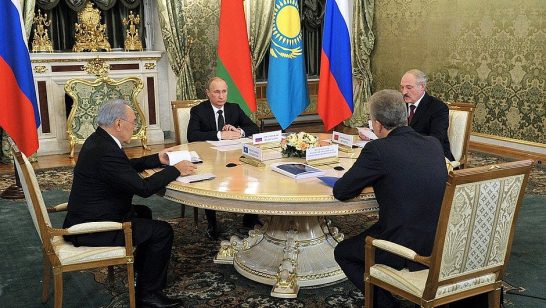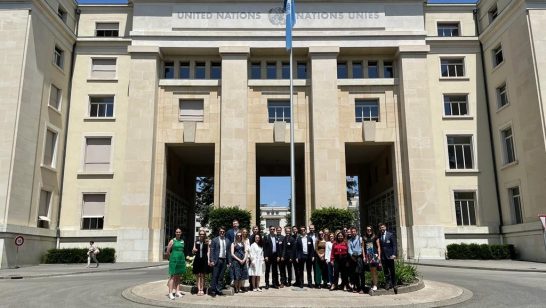Daniel Shapiro is a PhD student in Political Science at the University of Pennsylvania, where he studies alliance dynamics and smaller state strategies in periods of great power conflict, focusing mainly on the former Soviet Union. Daniel attended Brown University as an undergraduate, receiving bachelor’s degrees in Political Science and Slavic Studies in 2018. He then received a master’s degree in Regional Studies: Russia, Eastern Europe and Central Asia from Harvard University in 2020.
Daniel has worked for Harvard Kennedy School’s Russia Matters Project and the European Leadership Network. He was a Fellow at the Stanford US-Russia Forum, and lived in Yerevan, Armenia on a Fulbright research grant in 2021. Daniel has published research on U.S.-Russian relations, the Caucasus, and Ukraine, among other subjects. In addition to his graduate research, he is currently on the executive committee of the ELN’s Younger Generation Leaders’ Network on Euro-Atlantic Security.



